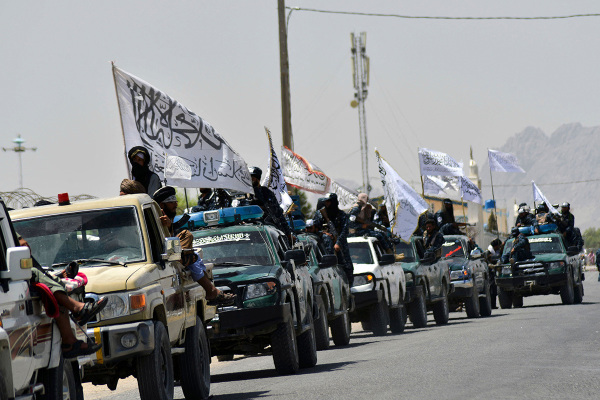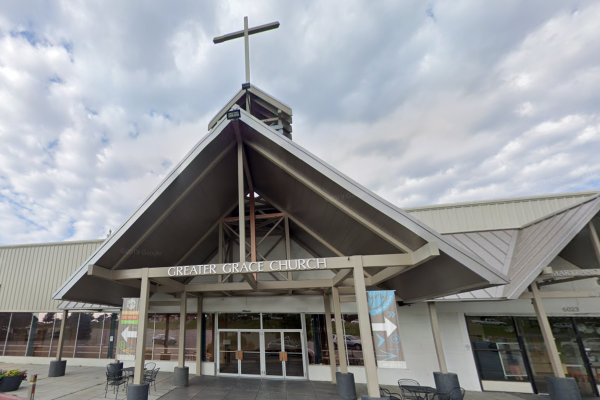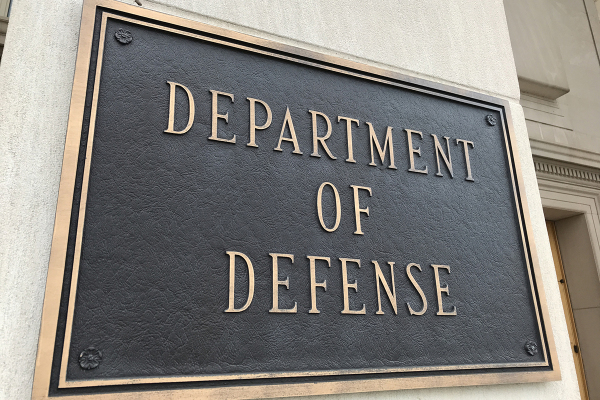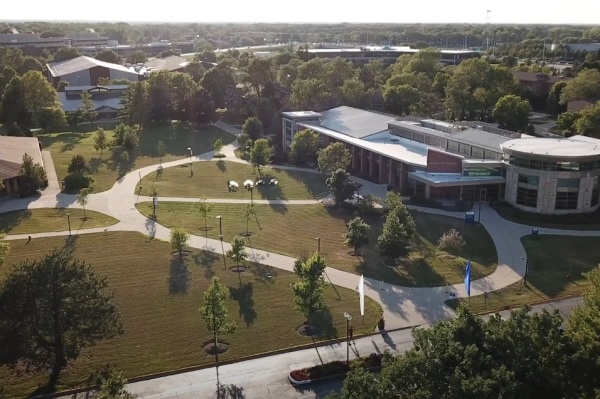Be Prepared to Help an 'Officer Down'
In late September, two San Diego County Sheriff's deputies were shot with a high-powered gun after confronting a man suspected of possessing child pornography with the intent of selling it. Sgt. Craig Johnson was wounded in the arm. Detective Ali Perez was shot at least twice at close range, including in the stomach. They both are lucky to be alive.
Johnson underwent surgery and was released after three days. For Perez, who is a member of the Rock Church in San Diego where I'm pastor, it was touch-and-go for some time. He suffered a significant amount of internal bleeding, had severe damage to vital arteries in his arm, and bone damage to his arm and shoulder.
This story is too common in communities throughout our country. Can you imagine going to work every day and facing the possibility of being brutally attacked while on duty? Law enforcement officers never know what the next traffic stop, the next domestic disturbance call, might bring. It's an occupational hazard – an accepted risk – that officers tolerate as part of their work.
Yes, it's an occupational hazard – an accepted risk – that officers must tolerate as part of their work. But just think about the level of faith that's required to step out of your house every day and face the possibility of death at the hands of a stranger. The ability to cope and even thrive in a world of complete uncertainty is a gift and a calling.
First responders are driven to protect and serve. Most will tell you they don't dwell on the worst-case "what if" scenarios. Who needs that anxiety? But the reality of the risk is there – even when it takes a back seat. When things go wrong, when an officer goes down, the risk becomes real. A real nightmare.
It's up to us to honor the men and women who put their lives on the line every day to protect us. Here are a few things you can do to help our men and women in law enforcement and fire service.
Appreciate: Approach a police officer today and simply say, "Thank you." Let him or her know you appreciate the service and for working to keep your community safe.
Prepare: When disaster strikes, first responders must switch from their day-to-day activities to disaster response. Help first responders in your community to focus on the people who are most vulnerable. Prepare yourself and your family to be self sufficient for at least 72 hours following a disaster. Learn more here: www.ready.gov
Serve: Organize a group at your church to paint a fire station or landscape their grounds. Ask how you can serve them. Start a neighborhood watch, join a Community Emergency Response Team, or volunteer with the Red Cross. 1 Peter 4:10 says, "Each of you should use whatever gift you have received to serve others, as faithful stewards of God's grace in its various forms."
Continue praying for our law enforcement, fire and military personnel and especially for Detective Ali Perez and Sgt. Craig Johnson and their families as they recover. And take the time to honor and help those who dedicate their lives to serve and protect us.






















